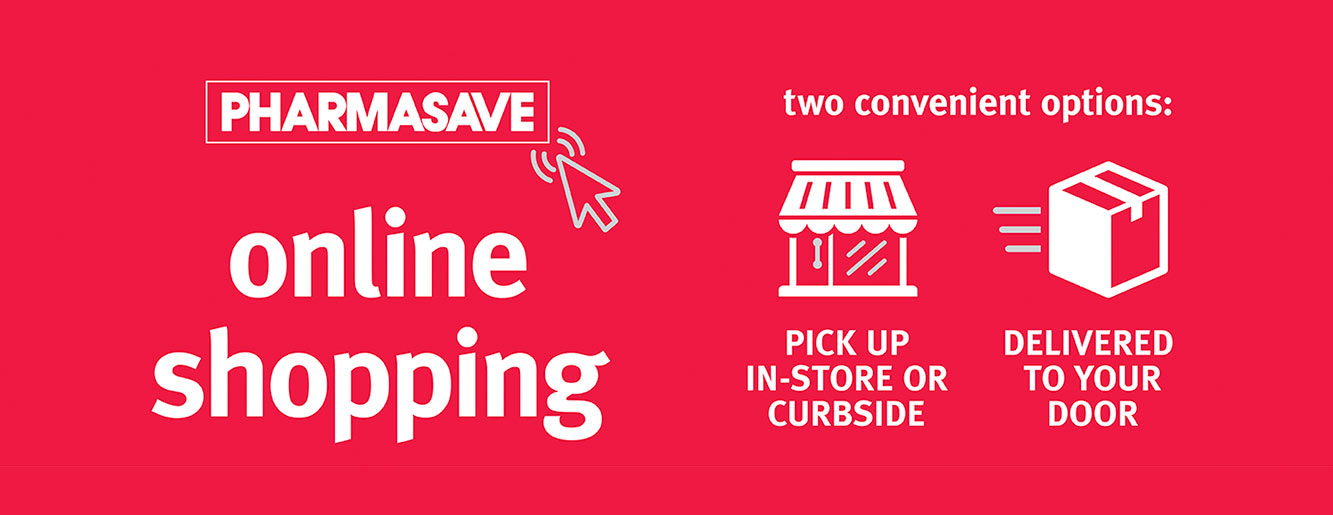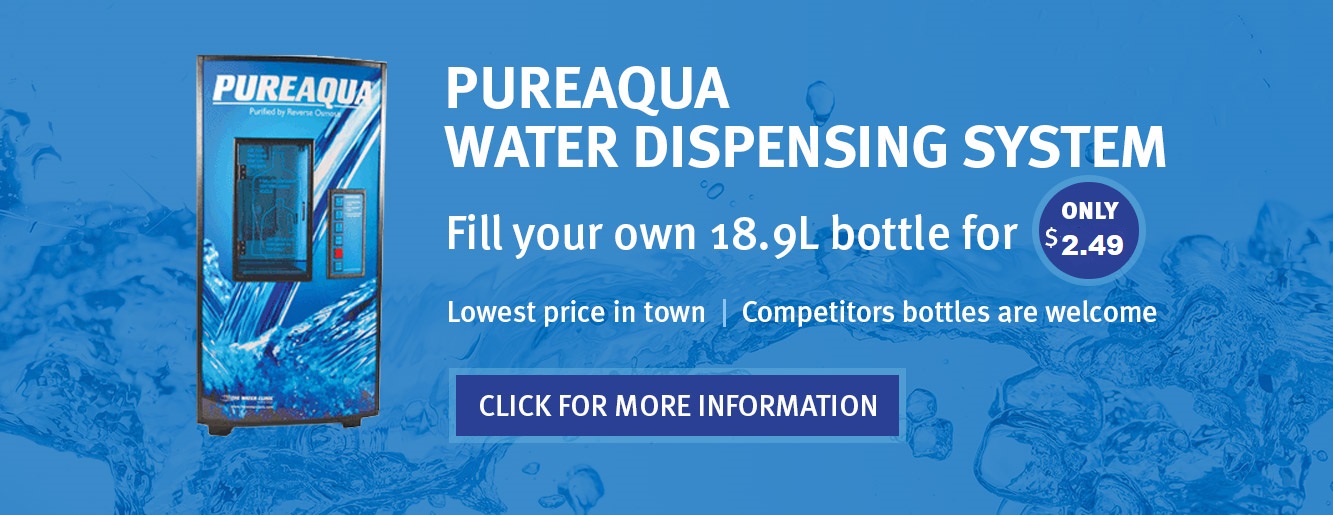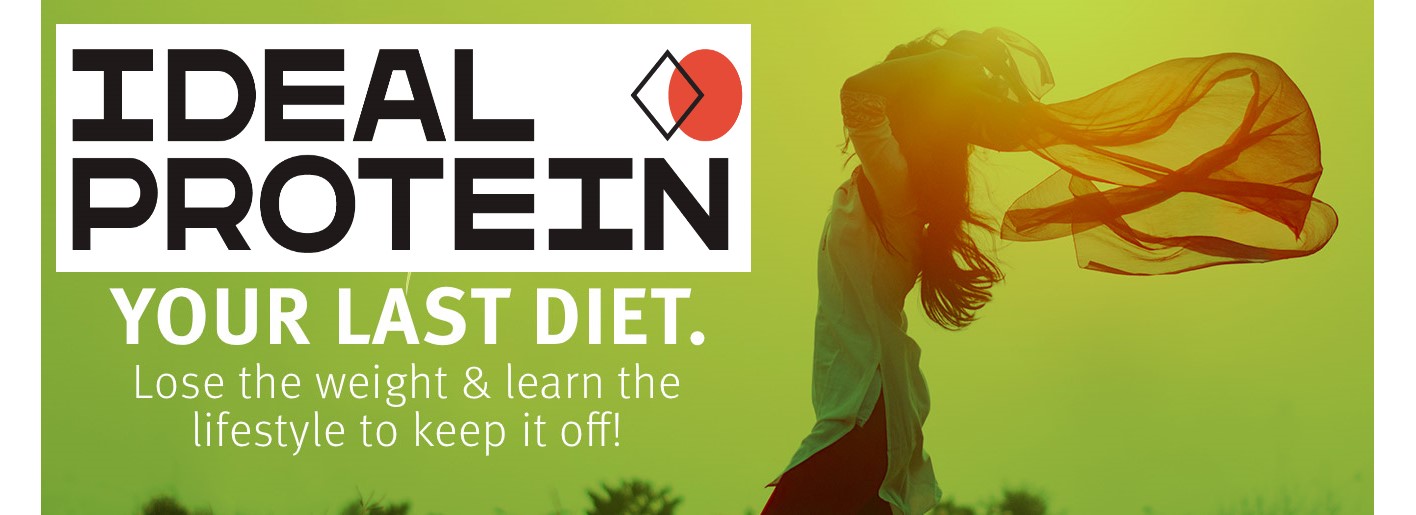
February 2022 – Heart Health
High blood pressure and lifestyle changes
Lowering your blood pressure means making lifestyle changes, including increasing your daily physical activity and making healthy food choices. Your doctor may recommend several of these changes to reach your target, possibly in combination with medication.
To help lower your blood pressure, it is important to:
- maintain a healthy weight
- eat a healthy diet
- limit your alcohol and caffeine intake
- participate in regular physical activity
- quit smoking
- reduce your stress levels
Maintain a healthy weight: Maintaining a Body Mass Index (BMI) between 18.5-24.9 and a waist circumference of less than 102 cm for men and less than 88 cm for women is recommended by the Canadian Hypertension Education program (CHEP) guidelines.
Eat a healthy diet: Watching the foods you eat can help lower your blood pressure and possibly help you lose excess fat. It is also good to increase consumption of heart-healthy foods that are low in saturated fats and cholesterol. Nutrition labels on foods make nutrient facts visible for everyone. Reducing salt intake is recommended for people with hypertension.
One diet that is designed for people with hypertension is called Dietary Approaches to Stop Hypertension (DASH). This diet involves an increase in the consumption of grains, fruits, vegetables, and low-fat dairy products and a reduction in salt intake. Before considering this eating plan, it’s important to talk to your doctor.
Visit Health Canada’s website to get a copy of Canada’s Food Guide for more information on healthy eating.
Limit your alcohol and caffeine intake: Alcohol and caffeine increase blood pressure in some individuals. Women should drink no more than 9 alcoholic drinks per week, and men no more than 14. Reducing the amount of alcohol consumed on a daily basis can help decrease blood pressure.
Participate in regular physical activity: Regular physical activity provides many benefits to people living with hypertension. It decreases stress, strengthens the heart muscles, and burns calories, which may in turn decrease body weight in some people. Since obesity and excess fat, especially around the waist, are risk factors for hypertension and diabetes, regular physical activity is a valuable tool. The 2015 CHEP Guidelines recommend 30-60 minutes of moderate activity 4-7 days per week for adults. Talk to your doctor before starting an exercise program.
Quit smoking: Becoming smoke free is not easy, but the benefits of not smoking are clear. Smoking is a risk factor for many diseases, including cardiovascular disease, and can cause permanent damage to blood vessels and arteries.
Reduce your stress levels: Relax, exercise, meditate, and get lots of sleep – these can all reduce stress. You can also find other ways to release stress. Reducing stress can improve your mood and, over time, play a role in lowering blood pressure. Talk to your doctor about ways to manage stress in your life.
High blood pressure is best treated with a combination of approaches. However, lifestyle changes are always an important part of high blood pressure treatment, and are still needed even if you are taking blood pressure medication. If you are diagnosed with hypertension, it’s always a good idea to reach and maintain a healthy weight, increase your exercise levels, and lower your intake of salt and alcohol. But if lifestyle changes alone are not effective enough, if your blood pressure is very high, or if you have complications from high blood pressure, medication is usually added.
Ask Your Pharmacist
Question: My blood pressure goes up when I’m exercising – is that okay?
Answer: It’s normal for your blood pressure to go up while exercising, and back down again after exercising. Exercise will improve your fitness, and over time your resting blood pressure can become lower thanks to your regular exercise. But, if you have very high, uncontrolled blood pressure, exercise may not be safe. Talk to your doctor first about your blood pressure and whether you have any limits on the physical activities you can try. Remember, it doesn’t have to be high intensity to get you in shape. You may need to start with lower-intensity exercise and slowly work your way up.
Health Tip
Do you take medication to lower your blood pressure? You may need to consider this in your workout plans. Some blood pressure medications can make your heart rate lower or higher than usual during exercise. And some medications can cause your blood pressure to drop more than usual after exercise. Staying hydrated and eating at the right time are always a good idea, but you may also need to keep closer track of your heart rate and adjust your workouts, so you don’t get dizzy or short of breath.
Speak with your Pharmasave pharmacist to find out how your medication may affect your exercise plans.



